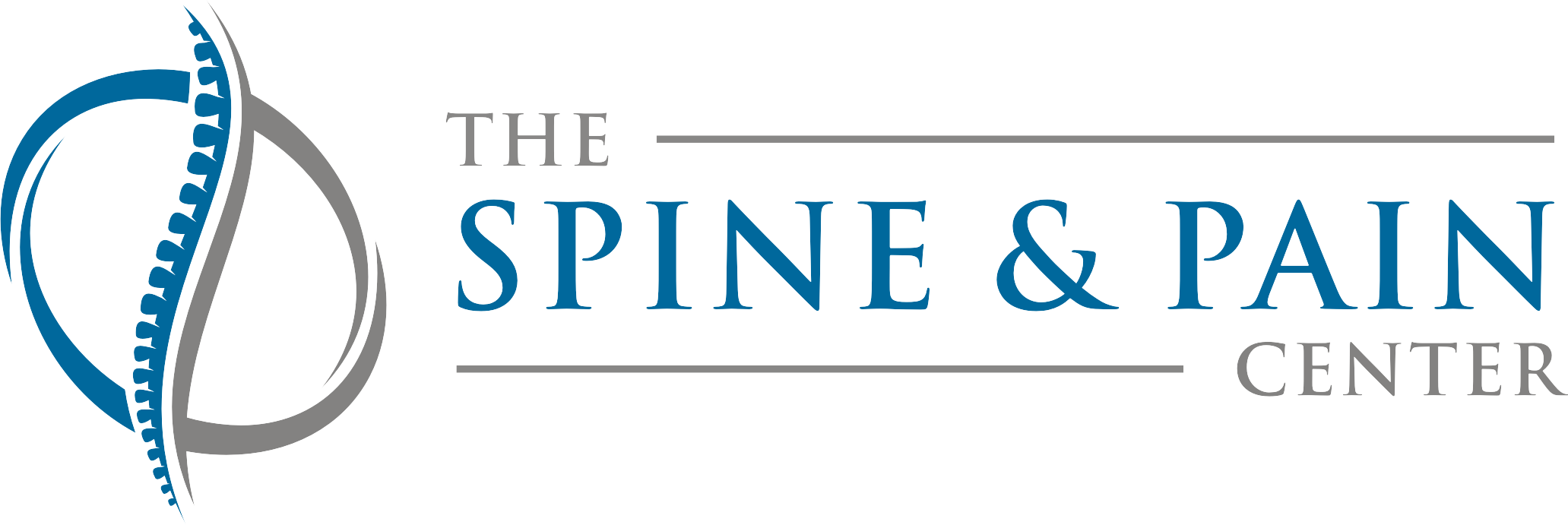Defined
When the cartilage in the hip breaks down due to aging or injury, patients are diagnosed with chronic hip conditions. Hip pain may originate in the joint itself, or a bursa may be present surrounding the hip joint and affecting the surrounding areas.
Causes
Repetitive hip motions, such as running and bad posture, when sitting or standing can put increased pressure on the hips. Arthritis of the hip is another factor associated with chronic hip pain that the physicians at The Spine & Pain Center can evaluate. Arthritis is a degenerative condition leading to a loss of cartilage around the joints, with the absence of cartilage, the bones rub together resulting in pain. Injuries also may have long-lasting impacts on the hips leading to chronic hip problems long-term.
Symptoms
Chronic hip pain symptoms are often described as a sharp twinge or dull-ache on the outside of the hip, down the buttocks or on the back of the legs. Limited mobility may be experienced as well as nerve damage. This pain can be exacerbated by sleeping or exercising the damaged hip. Joint swelling and heat are also common around the hip.
Treatments
Hip pain that is chronic in nature is typically first addressed with ice and rest allowing the body to heal and reduce inflammation. Anti-inflammatory drugs and/or steroid injections may be additionally prescribed if pain, swelling, and limited mobility do not improve. Physical therapy may also be an option. If arthritis has degenerated the joint, a hip joint replacement surgery may be recommended.


